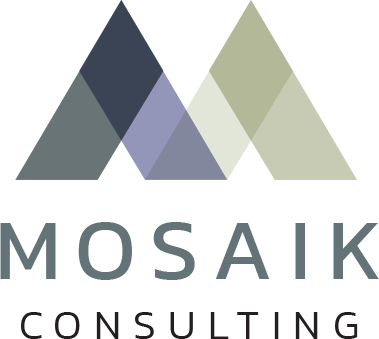It’s not always easy making the right choice when it comes to decisions that will impact your business, especially when facing a big deadline like the final transition from TD Ameritrade to Schwab. Advisors who took advantage of TD’s Salesforce offering need to decide whether they should stay with their current CRM system, which will soon be directly supported by Salesforce®, or make the move to Salesforce Financial Services Cloud (FSC).
Salesforce Sales Cloud and FSC are two different products built on the same Salesforce platform, one tailored for specific industries and use cases and the other built to be industry agnostic. Mosaik Consulting is an expert resource in helping advisors make this decision, as well as providing the support needed to successfully move into the future based on the firm’s chosen system. If you’re making this important decision, here are our 4 foundational points of comparison to help you see the factors more clearly.
Here are the primary differences between the two:
1. Industry Focus:
- Sales Cloud: Sales Cloud is a general-purpose CRM solution designed for sales and marketing teams across various industries.
- Financial Services Cloud: Financial Services Cloud is specifically built for the financial services industry, including wealth management, banking, insurance, and other financial institutions. It incorporates industry-specific features and workflows to address the unique needs of financial services professionals.
2. Functionality:
- Sales Cloud: Sales Cloud focuses on managing customer relationships, sales processes, and pipeline management. It includes features such as lead management, opportunity tracking, forecasting, contact management, and sales automation.
- Financial Services Cloud: FSC includes all the basic CRM functionality that is part of the standard Sales Cloud platform but also incorporates industry-specific features and workflows to address the unique needs of financial services professionals.
3. Data Model:
- Sales Cloud: Sales Cloud is a general-purpose CRM solution designed for sales and marketing teams across various industries. It lends itself well to a traditional B to B business model.
- Financial Services Cloud: FSC extends the data model of Sales Cloud to include additional financial-specific entities such as households, financial accounts, assets, liabilities, goals, and other financial data points relevant to the industry. It is set up to support a B to C business model and provides the ability to effectively manage complex relationships including multiple generations and center of influences.
4. Customization:
- Sales Cloud: Sales Cloud offers a wide range of customization options, allowing businesses to tailor the CRM to their specific sales processes and workflows.
- Financial Services Cloud: FSC provides many features and functionality already pre-built incorporated from years of industry feedback. It also allows for extensive customization options specifically designed for the financial services industry, enabling firms to configure the CRM to match their unique requirements and compliance needs.
While Sales Cloud provides a more general-purpose CRM solution suitable for various industries, FSC is specifically designed to cater to the specialized needs of financial services professionals and organizations. Over the next few weeks, we will be looking at the key benefits of FSC, as well as laying out what to expect during the transition to FSC and the key steps involved in the transition process.
Looking for more guidance and hands-on support making this decision for your firm? Give us a call and we can help you make the right choice.





